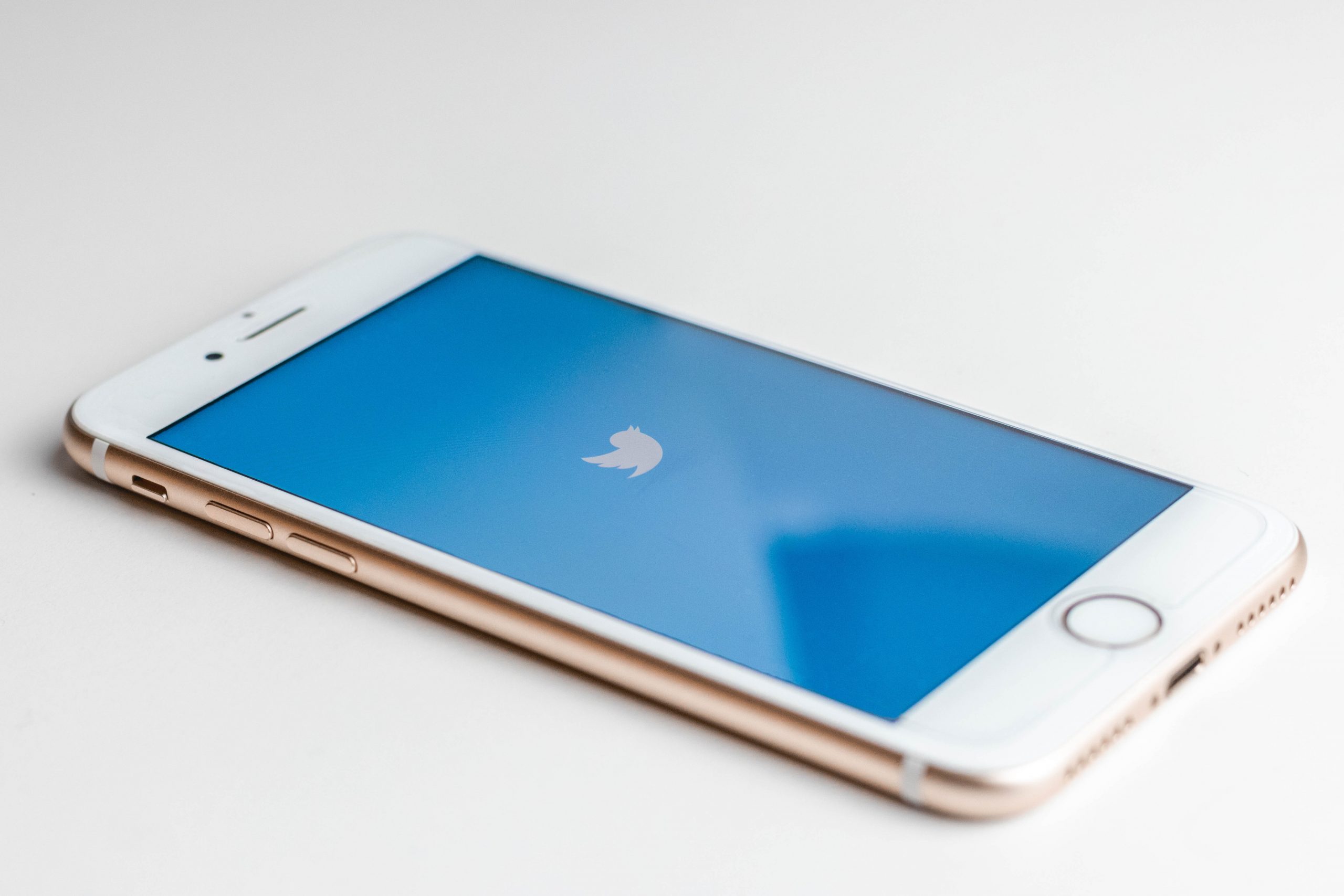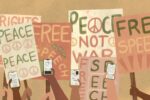As you read this article, millions of people across the globe are enduring human rights violations. They face discrimination, hunger, torture and death, yet news outlets and the public rarely focus on these humanitarian crises. Until now. Unpredictably, quarantine has led to global protests in support of various targeted groups. Though images of protesters from different backgrounds standing united in the streets is moving, it is also jarring. Before, there was no mass focus on suffering people, so what is it about quarantine that drew attention to the powerless and oppressed?
With the lack of people and traffic creating a quiet lull in the streets, the human rights violations became deafening. Even as the world crumbled, even as people watched loved ones die and schools and businesses close down, racism and prejudice still persisted. The world no longer had the distractions of taking children to soccer practice or meeting deadlines. We had to pay attention.
No one could have predicted that being home and absorbing television and social media could lead to education. Through Instagram, Twitter, Facebook and other platforms, users weren’t just scrolling through friends’ achievements and selfies. Instead, they saw posts about Black Lives Matter, police brutality, Uighur Muslims in Chinese concentration camps, the Yemeni crisis and the Palestinian conflict.
There was no room for someone to claim ignorance because every few posts mentioned a current and horrific human rights issue. These flaws in society — racism, prejudice, abuse of power — have always been prevalent. However, reading about these plights in a newspaper can make them feel far away. If the crises aren’t in the reader’s backyard, then the outrage seems to slowly fade away. Now, the difference is that these abuses are on tape. As actor Will Smith once said, “Racism isn’t getting worse. It’s being filmed.”
George Floyd’s death at the hands of the Minneapolis Police Department has been the most prominent subject of social media activism these past few months. His murder represents a racist reality that Black Americans have faced in the U.S. for decades, if not centuries. While Floyd has captured the attention of Americans and allies around the world, his death is unfortunately not the first or last of its kind.
Other deaths did not lead to millions of Americans protesting in the streets, tearing down Confederate statues and demanding police reform and abolition. Those victims remained invisible. But this time, there was a video. A quick Google search clearly shows the officer’s knee on Floyd’s neck, pressing him onto the pavement as the words “I can’t breathe” echo through the street. With people of all backgrounds seeing the undeserved death of Floyd unfold, some saw racism firsthand for the first time. This shock moved thousands to take a stand and protest.
The Black Lives Matter movement is still happening, even as the media’s attention shifts away. Twitter, on the other hand, provides live footage from protests, and resources to stay informed. The movement seems to be progressing, as evidenced by many Black-owned businesses, like Sisters Uptown Bookstore in Washington Heights, selling out many of their products.
Fueled by the protest spirit, crowds attended the “Day of Rage” in Brooklyn on July 1. The protests challenged Israeli Prime Minister Benjamin Netanyahu’s plan to annex parts of the West Bank, part of Palestine. Across social media, people posted about the situation using the hashtag #FreePalestine. Using graphic photos of warfare, they detail the long history of the conflict to educate their followers. Due to these protests, the Israeli government postponed the annexation, and are considering actually not following through with the plans.
Another human rights violation that social media has highlighted in recent months is the Uighurs detained in Chinese camps. Since 2018, China has detained Muslim minorities like the Uighurs and Kazakhs in what the World Health Organization recognizes as indoctrination camps. The Chinese government, however, refers to them as Vocational Education and Training Centers in Xinjiang. These camps are spearheading a cultural genocide by eliminating native languages and Islamic customs. Acts deemed as out-of-line with the Communist Party of China result in indefinite imprisonment in packed camps without trial.
For a long time, it appeared that this issue fell on deaf ears. Both the United Nations and the global community were not taking action to help the Uighurs. The World Health Organization has not even provided aid to these camps in China, where diseases like tuberculosis are spreading. Cells are overcrowded, and rampant malnourishment and cruel punishments are common. Testimonials from former detainees detail the horrid conditions and practices of the camps. This is even more worrisome during the pandemic as the weakened immune systems of detainees make them more susceptible to COVID-19.
Interned Muslims are coerced into unwanted marriages and forced to eat pork and drink wine, among other cultural taboos, or else they face torture and starvation. Even as the first reports of these camps circulated, the world seemed uninterested in the lives of these detainees.
The lackluster response from the public is due to the Chinese government’s attempted coverup of the camps. China repeatedly prevented journalists from entering camps to conceal the real conditions. Instead, the Communist Party of China aired state-approved tours of the camps in which residents expressed their gratitude for living there. Hence, little news trickled out from China.
Again, people generally do not pay attention to those outside of their everyday lives. And because of widespread Islamophobia, some people would not bat an eyelash at these atrocities.
Social media, however, has brought attention to the issue. Though there are no protests in the streets, awareness about the camps is spreading online. People are pooling resources to donate, calling for government intervention and refusing to support businesses that exploit Uighur Muslims. With the way people have formed a collective voice to help other persecuted groups, it is hopefully only a matter of time before they do so for the Uighurs too.
Though people hate the concept of quarantine and even protested it, it did have at least one positive impact. People are not afraid to fight for the causes they believe in and speak out for those who have been ignored for so long. As the masses unite at protests under the common goal of social betterment, the human race becomes something worth fighting for. Through social media, people can teach and learn.
These protests and ideas cannot simply become posts that we scroll past. One can only hope that the lit flame for revolution does not die out once lockdowns end.

















